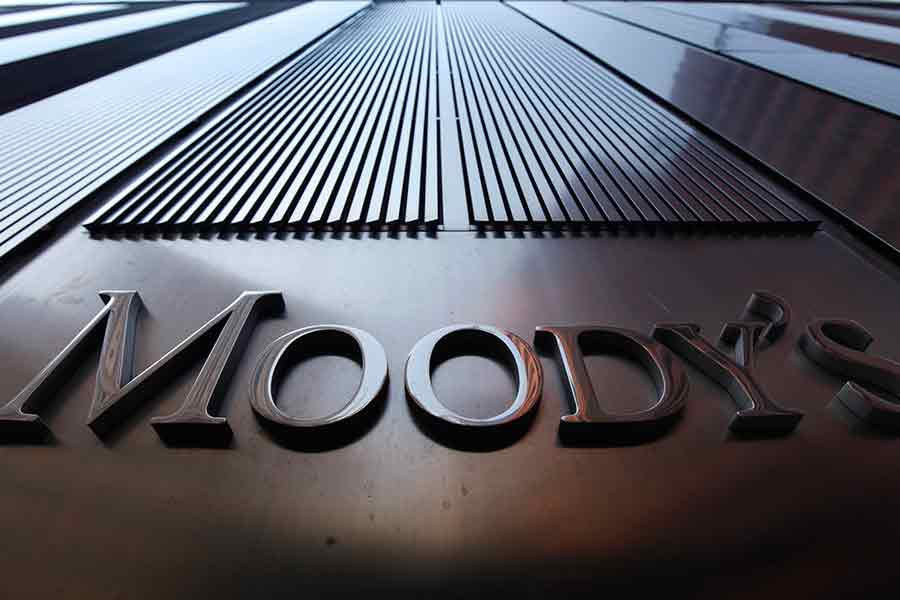Cost of foreign trade, transactions likely to increase due to Moody’s downgrading
Economists and bankers fear

Published :
Updated :

Economists and bankers think the cost of spending in foreign currencies is likely to be increased due to the downgrading of Bangladesh's sovereign rating and negative rating actions against some banks by Moody's Investors Service.
The fear private sector entrepreneurs may have to pay more interest due to Moody’s downgrading, reports bdnews24.com.
On May 30, the US-based global credit rating agency downgraded Bangladesh government’s long-term issuer rating to B1 from Ba3 for first time since inception of the rating in 2010.
A day later, the credit rating agency lowered the long-term deposit and issuer ratings of six Bangladeshi banks while confirming the ratings for another bank.
A credit rating is an evaluation of the credit risk of a prospective debtor, predicting their ability to pay back the debt, and an implicit forecast of the likelihood of the debtor defaulting.
Economist Ahsan H Mansur said the Moody’s ratings will directly affect four to five sectors.
“The cost of using foreign currencies will increase for the banks. Private sector entrepreneurs will have to spend more on interest to get foreign loans,” said the executive director at the Policy Research Institute.
He said the downgrading of the sovereign means all the banks’ ratings have been downgraded by one notch automatically. The ratings of banks with reported lack of corporate good-governance will be lowered by another notch.
“The cost of foreign trade and transactions, such as issuance of LCs, foreign currency supply deals, payment for LCs through a third bank, will increase. Overall, the cost will rise in the offshore units of the banks,” said Mansur, who worked in the past as chairman of BRAC Bank.
Anis A Khan, former chairman of the Association of Bankers, Bangladesh or ABB, said the correspondent charge for Bangladeshi banks with foreign ones will increase in the wake of Moody’s actions.
“It’ll raise the cost of business for the banks. Foreign banks, the ADB, the World Bank and the IDB will increase charges for loans. They may refuse loan requests as well,” he said.
Selim RF Hussain, the incumbent chairman of ABB and managing director of BRAC Bank, said the Moody’s negative rating action means the Bangladeshi banks’ LC commission will be cut.
“Import costs will rise. The international banks will lower the ceiling of loans and trading lines.”
He hopes the rating will improve in a review by Moody’s after six months.
Mashrur Arefin, managing director and CEO of The City Bank, said they were still analysing the action taken by Moody’s. “We’re checking how much the interest on foreign loans will rise or if we face any problems in getting long-term loans. We need to highlight our positive sides now.”
Mati Ul Hasan, managing director of Mercantile Bank, said they were waiting for the decision by Moody’s after representatives of the credit rating agency visited the bank last month.


 For all latest news, follow The Financial Express Google News channel.
For all latest news, follow The Financial Express Google News channel.